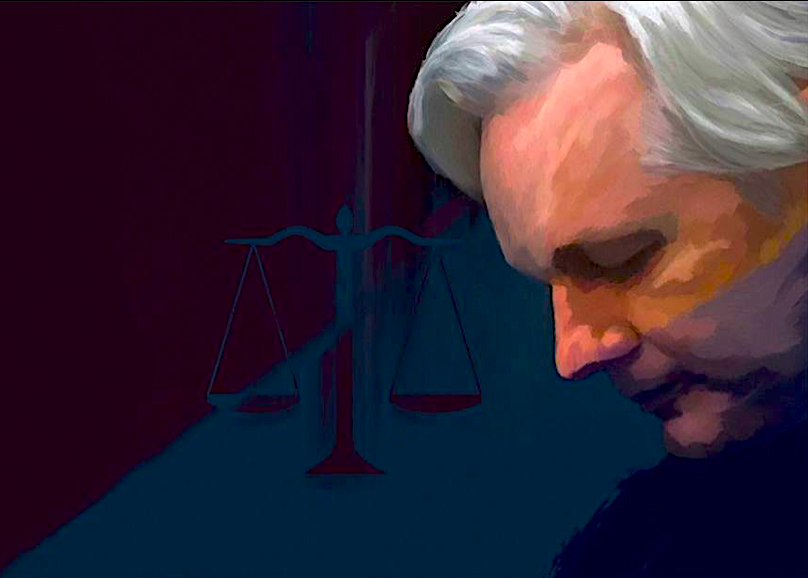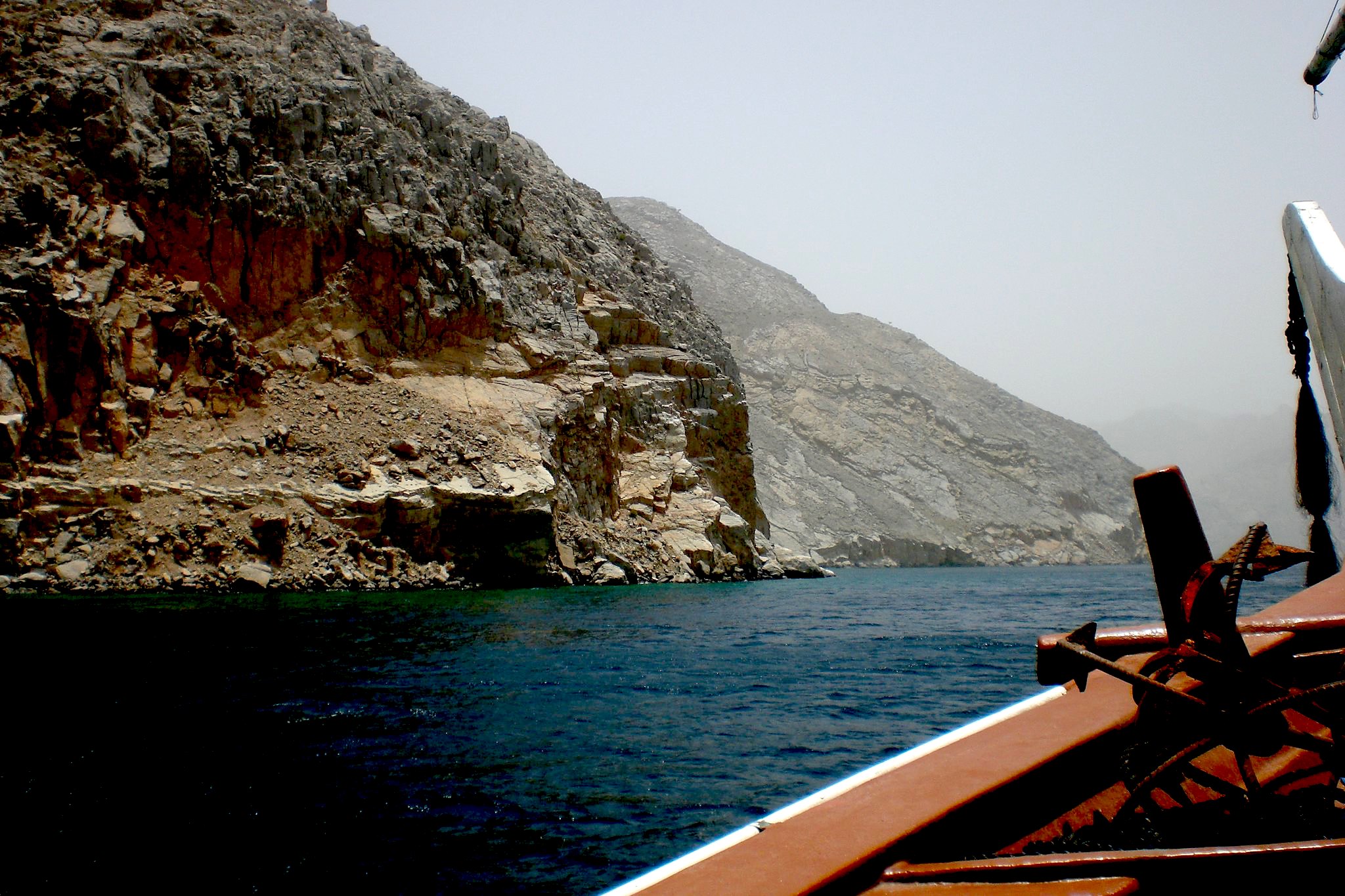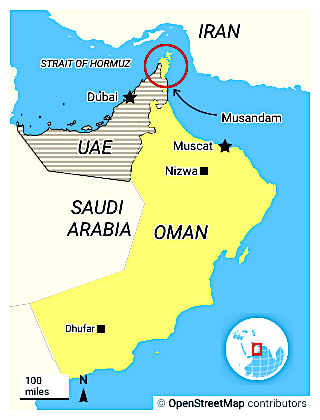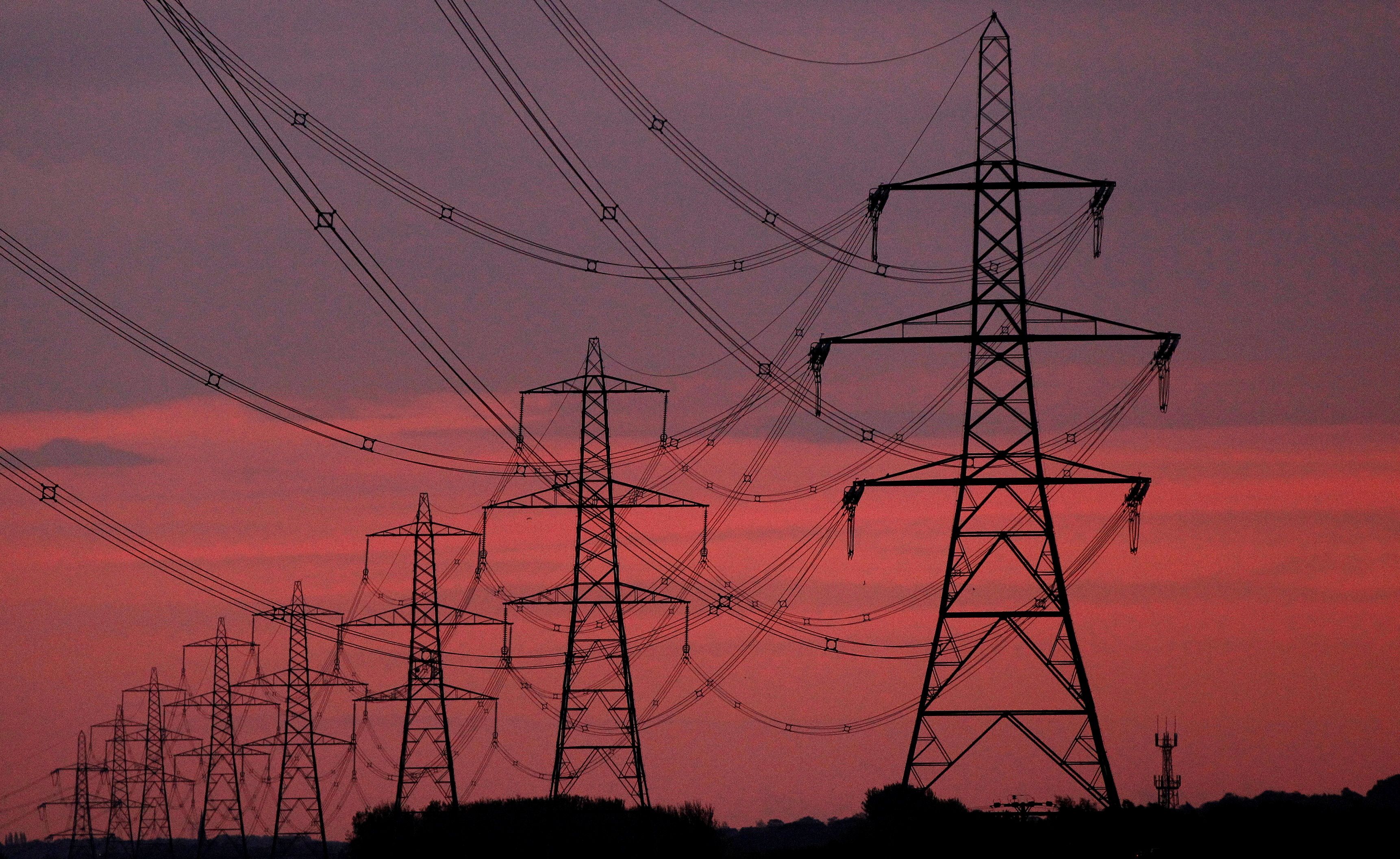THE PRICE OF EXTREMISM
Whether the country’s leaders know it or not, the United Kingdom is now at serious risk of economic collapse.
We must hope that this doesn’t happen. If it does, it will take the form of a sharp fall in the value of Sterling which, in these circumstances, is the indicator to watch.
A currency crash would cause sharp increases, not just in the prices of essential imports such as energy and food, but also in the cost of servicing debt. In defence of its currency, Britain could be forced into rate rises which would bring down its dangerously over-inflated property market.
This risk itself isn’t new. Rather, it results from a long period of folly, and can’t be blamed entirely on the current administration, inept though the Johnson government undoubtedly is. What we’re witnessing now seems to be a government on the edge of panic. The official opposition doesn’t offer a workable alternative programme, and mightn’t be electable if it did.
We need to be clear that the root cause of Britain’s problems is long-term adherence to an increasingly extreme ideology sometimes labelled ‘liberal’.
It’s one thing to recognize the merits of the market economy, but quite another to turn this into a fanaticism which judges everything on its capability of generating short-term private profit.
Extremism is divisive, and creates winners and losers to an extent that moderation does not. If solutions still exist for Britain’s worsening problems – and that’s a very big “if” – there are two reasons why such solutions mightn’t be adopted.
The first is that these solutions would anger a very vocal group of winners under the existing system.
The second is that those in charge would have to make a public admission of the failures of extremism.
…click on the above link to read the rest of the article…








 Yet the episode has been largely forgotten outside of Musandam — a mountainous peninsula overlooking the Strait of Hormuz, a narrow sea lane between Iran and Arabia through which a third of the world’s oil supplies are shipped each day.
Yet the episode has been largely forgotten outside of Musandam — a mountainous peninsula overlooking the Strait of Hormuz, a narrow sea lane between Iran and Arabia through which a third of the world’s oil supplies are shipped each day.





